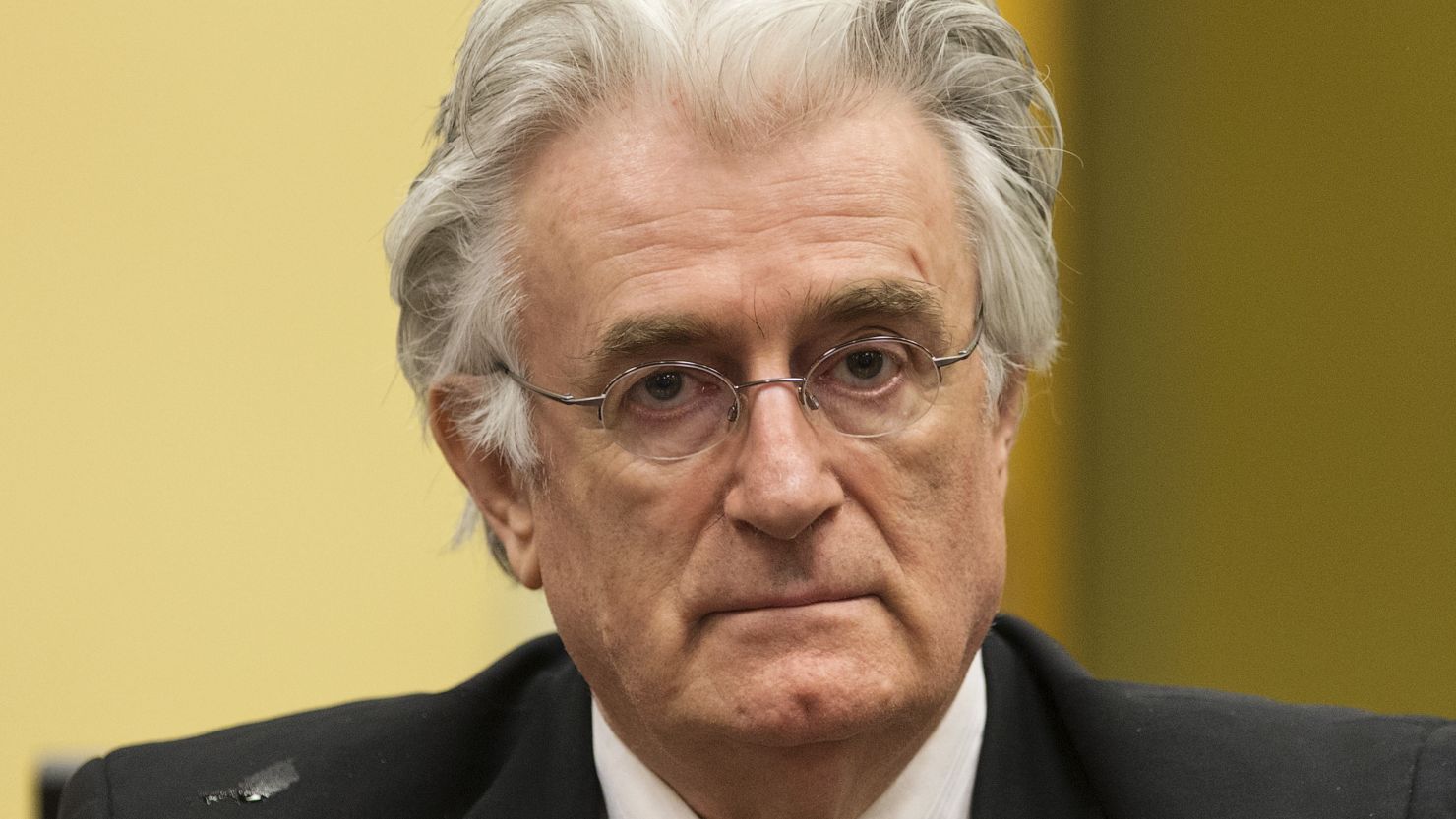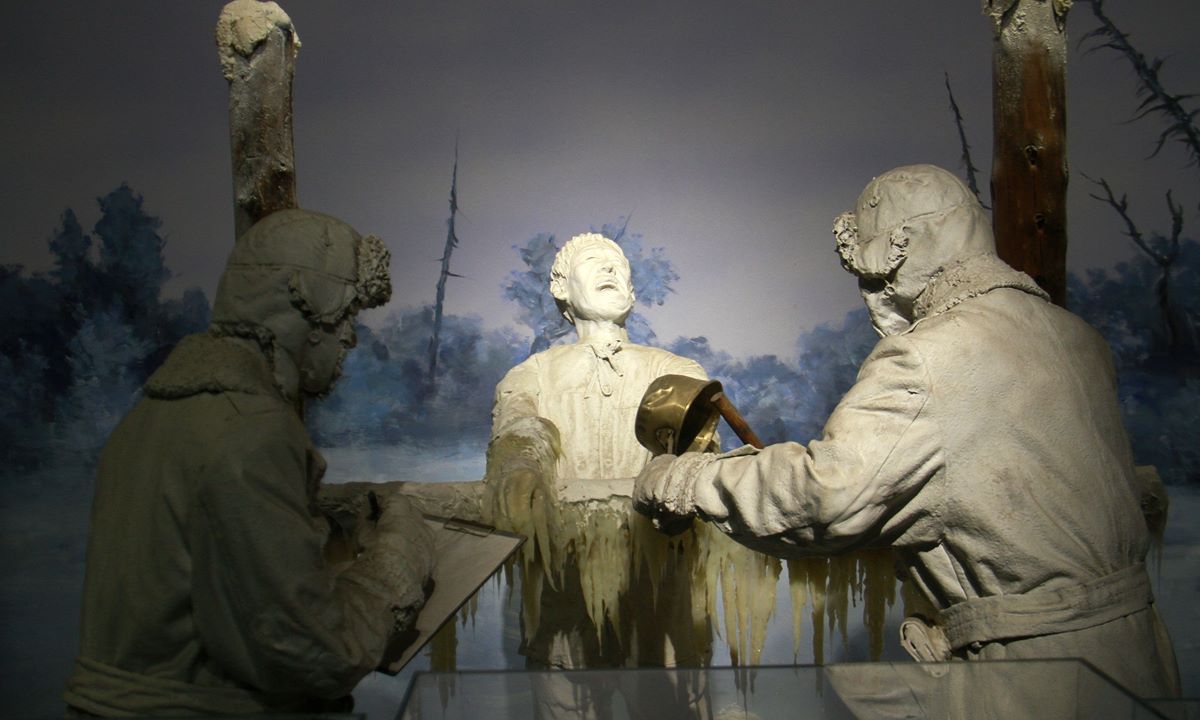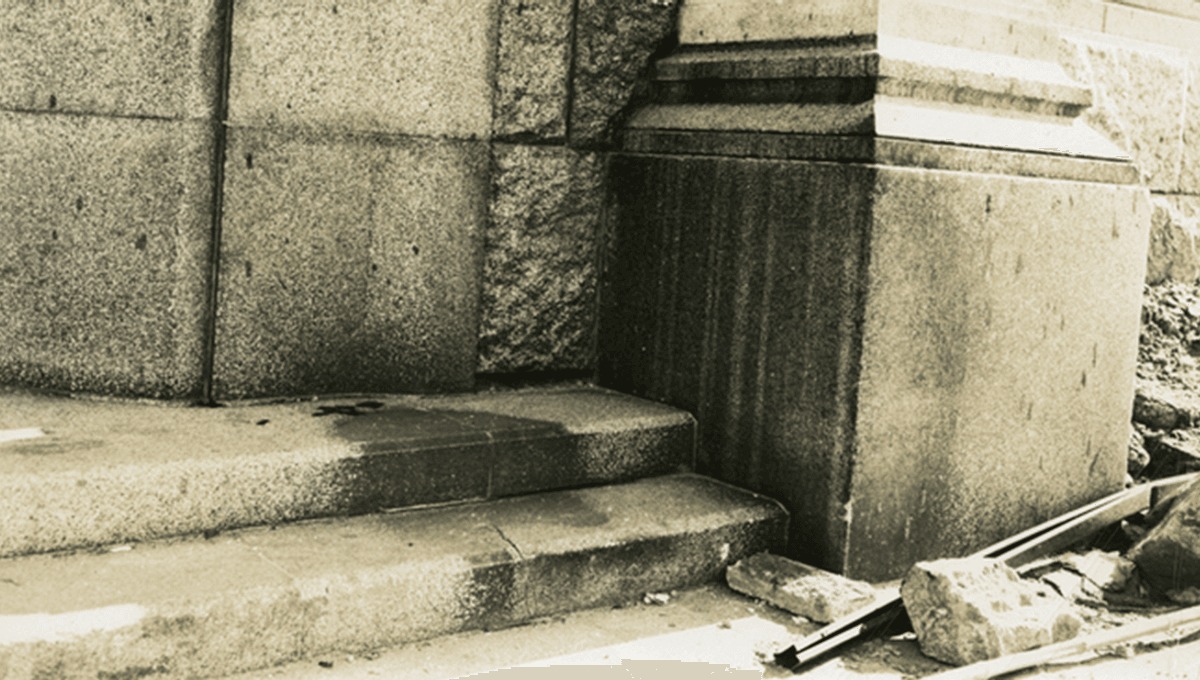
Radovan Karadžić is a name that echoes through the annals of history, often linked with the darkest chapters of the Bosnian War. Who was Radovan Karadžić? He was a Bosnian Serb politician, poet, and psychiatrist, but most infamously, the President of Republika Srpska during the Bosnian conflict. His leadership saw the tragic events of the Siege of Sarajevo and the Srebrenica massacre, leading to his indictment for war crimes. Captured in 2008 after years in hiding, Karadžić's trial at The Hague brought global attention. This post dives into 17 intriguing facts about this controversial figure, shedding light on his complex and often troubling legacy.
Early Life and Education
Radovan Karadžić, a name that resonates with history, has a story that begins long before his infamous years. Let's explore some lesser-known facts about his early life and education.
-
Born on June 19, 1945, in Petnjica, Montenegro, Karadžić grew up in a post-World War II environment.
-
His father, Vuko Karadžić, was a member of the Chetniks, a Serbian nationalist and royalist paramilitary organization during World War II.
-
Karadžić studied medicine at the University of Sarajevo, where he specialized in psychiatry.
-
He also pursued poetry and literature, publishing several works before his political career took off.
Political Ascent
Karadžić's rise in politics was swift and controversial. Here are some key moments from his political ascent.
-
In 1989, he co-founded the Serbian Democratic Party (SDS) in Bosnia and Herzegovina.
-
Karadžić became the first President of the Republika Srpska, a self-declared Serbian entity within Bosnia and Herzegovina, in 1992.
-
He played a significant role in the Bosnian War, which lasted from 1992 to 1995.
-
His leadership was marked by the pursuit of a Greater Serbia, aiming to unite all Serbs in one state.
War Crimes and Indictment
Karadžić's name is often associated with war crimes and atrocities committed during the Bosnian War. Here are some crucial facts about his indictment.
-
In 1995, the International Criminal Tribunal for the former Yugoslavia (ICTY) indicted him for genocide, war crimes, and crimes against humanity.
-
He was charged with orchestrating the Srebrenica massacre, where over 8,000 Bosniak men and boys were killed.
-
Karadžić was also implicated in the siege of Sarajevo, which resulted in the deaths of thousands of civilians.
-
Despite the charges, he evaded capture for over a decade, living under various aliases.
Capture and Trial
Karadžić's capture and subsequent trial were significant events in international justice. Let's delve into these moments.
-
He was finally arrested in Belgrade, Serbia, on July 21, 2008, while posing as a new-age healer named Dragan Dabić.
-
His trial at the ICTY began in October 2009, where he faced 11 charges, including genocide and crimes against humanity.
-
In March 2016, Karadžić was found guilty on 10 of the 11 charges and sentenced to 40 years in prison.
-
The verdict was later appealed, and in 2019, his sentence was increased to life imprisonment.
Legacy and Impact
Karadžić's actions have left a lasting impact on the Balkans and the world. Here are some reflections on his legacy.
- His trial and conviction are considered milestones in international law, reinforcing the principle that leaders can be held accountable for war crimes.
Karadžić's story is a complex tapestry of ambition, power, and tragedy. Each fact sheds light on different facets of his life, offering a deeper understanding of this controversial figure.
Final Thoughts on Radovan Karadžić
Radovan Karadžić's life is a mix of political ambition, conflict, and controversy. Known for his role in the Bosnian War, he was a key figure in the breakup of Yugoslavia. His actions led to his conviction for war crimes, including genocide. Despite his political influence, his legacy is marred by the atrocities committed under his leadership.
Karadžić's story serves as a stark reminder of the impact of political power and the consequences of ethnic conflict. His life and actions continue to be studied and debated, shedding light on a dark chapter in history. Understanding his role helps us grasp the complexities of the Bosnian War and the importance of justice in international conflicts.
Learning about figures like Karadžić is crucial for understanding the broader context of world events and the ongoing quest for peace and reconciliation.
Was this page helpful?
Our commitment to delivering trustworthy and engaging content is at the heart of what we do. Each fact on our site is contributed by real users like you, bringing a wealth of diverse insights and information. To ensure the highest standards of accuracy and reliability, our dedicated editors meticulously review each submission. This process guarantees that the facts we share are not only fascinating but also credible. Trust in our commitment to quality and authenticity as you explore and learn with us.


